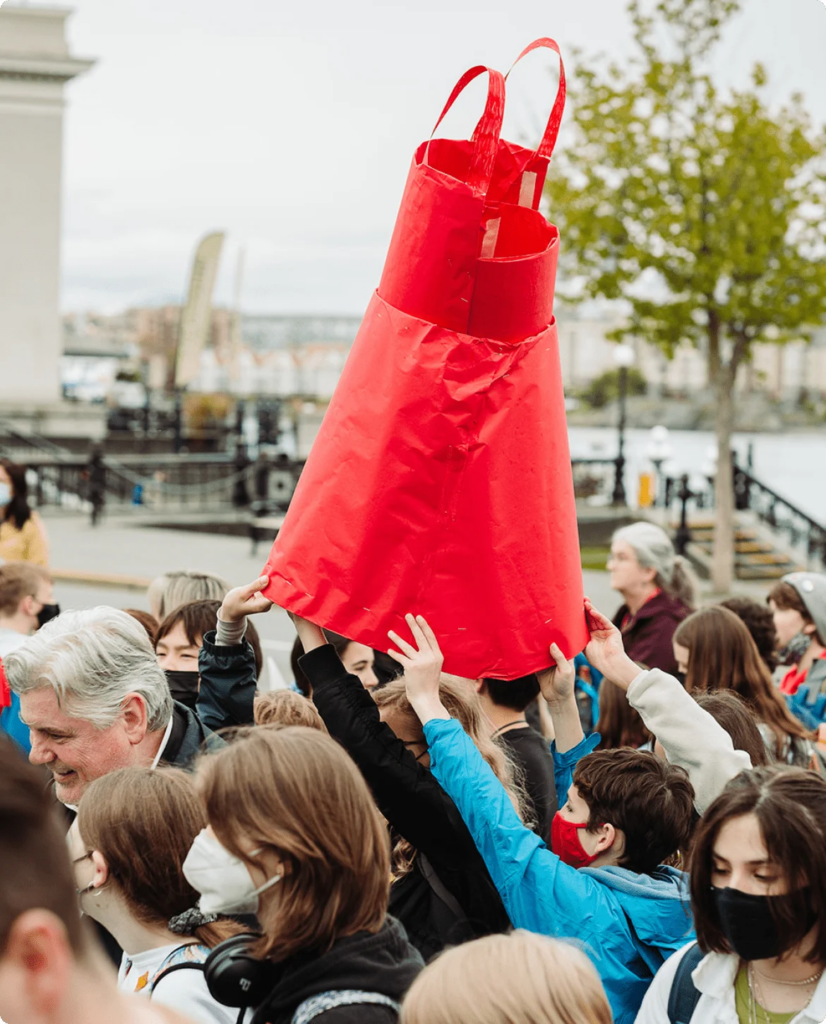Spokespeople
- Dave Pierre (fictional)
- A spokesperson from the Little Burgundy Citizens Committee.
- Charlotte Boucher (fictional)
- A young mother with a family of four who has been displaced due to the urban renewal project. Charlotte will share her story and how she has been affected by the project.
- Louis Allard (fictional)
- An elder who has lived in Little Burgundy his entire life and will be able to touch on the history of the town and the changes made by the urban renewal project.
- Jolene Martin (fictional)
- A small business owner who has had to close his business due to displacement from the urban renewal project.
Content Ideas
- A blog post highlighting the Little Burgundy Citizens Committee, its mission, efforts-to-date, and its future plans for advocacy. (Include Dave Pierre)
- A blog post highlighting residents who have been displaced and their stories. (Include Charlotte Boucher)
- A blog post highlighting the history of Little Burgundy and the urban renewal project. (Include Louis Allard)
- A blog post highlighting testimonials from small business owners who have been affected by the urban renewal project. (Include Jolene Martin)
- A blog post highlighting the upcoming community rally and the importance of citizen participation and attendance at the event. (Include Dave Pierre)
Content Calendar
*Each blog post will be posted weekly up to the date of the rally on June 7th, 1968.
Blog Post 1 – May 9th, 1968 (9:00 am)
- Focus: Highlight the Little Burgundy Citizens Committee, its mission, efforts-to-date, and its future plans for advocacy.
- Featuring: Dave Pierre
Blog Post 2 – May 16th, 1968 (9:00 am)
- Focus: Highlight residents who have been displaced and their stories.
- Featuring: Charlotte Boucher
Blog Post 3 – May 23rd 1968 (9:00 am)
- Focus: Highlight the history of Little Burgundy and the urban renewal project.
- Featuring: Louis Allard
Blog Post 4 – May 30th, 1968 (9:00 am)
- Focus: Highlight testimonials from small business owners who have been affected by the urban renewal project.
- Featuring: Jolene Martin
Blog Post 5 – June 6th, 1968 (9:00 am)
- Focus: Highlight the upcoming community rally and the importance of citizen participation and attendance at the event.
- Featuring: Dave Pierre
Audience Feedback and Engagement
- Comments Section
- Comments will be enabled under each blog post to allow the audience to share their feedback and stories.
- Tracking Analytics
- Analytics of page views and demographics of the audience will be collected on all blog posts to track engagement. These analytics will help to inform the demographics of the audience that is most likely to engage with the content.
- Website Survey
- The Little Burgundy Citizens Committee website will include a survey on each blog post. Each survey will request feedback on the topic/content in the accompanying blog post. Feedback collected will help inform future blog posts and community dialogue.
- Website Engagement
- Each blog post will have a link where they can share the blog post with others. Analytics will be tracked from how many times the blog post is shared with others to help track engagement and inform future promotion strategies.
Justification
The blog campaign above is specifically designed to build trust with the community and strengthen the organization’s relationship with stakeholders. All communication and blog posts will be authentic and unfiltered, accurately representing the stories, experiences and voices of those from the Little Burgundy community. This transparency of communication will outline the real challenges that residents and community members are facing and will continue to face due to the urban renewal project. Through the use of storytelling, the blog posts will focus on bringing a humane perspective to the project, allowing for a deeper emotional connection with the audience. Stories from spokespeople will allow the audience to connect and relate to the content. Through the use of a comments section and survey, the audience will be able to openly share their thoughts, feelings, and experiences. This will foster community engagement and allow for feedback on how to improve. In addition to storytelling, the blog posts will also highlight the ongoing efforts of advocacy from the Little Burgundy Citizens Committee. The posts will outline current progress, areas needing improvement, and plans for future advocacy initiatives. The blog will ensure the community and stakeholders are kept up-to-date with the active role the Citizens Committee is taking in advocating for change for the town.


